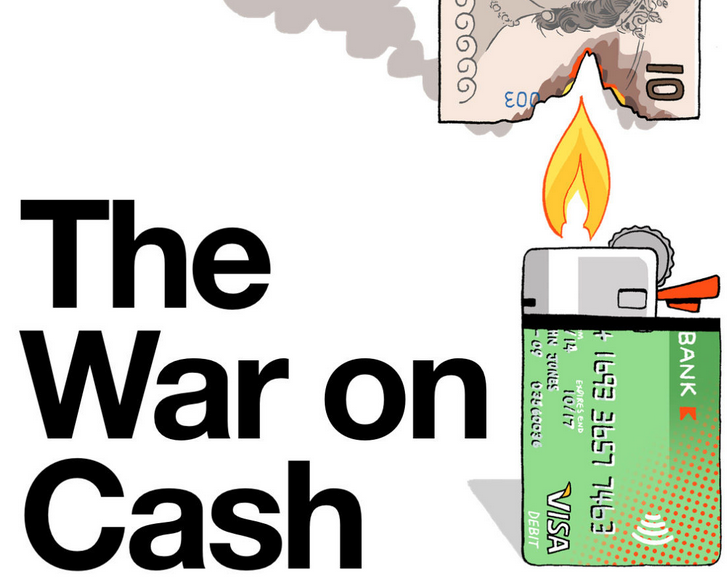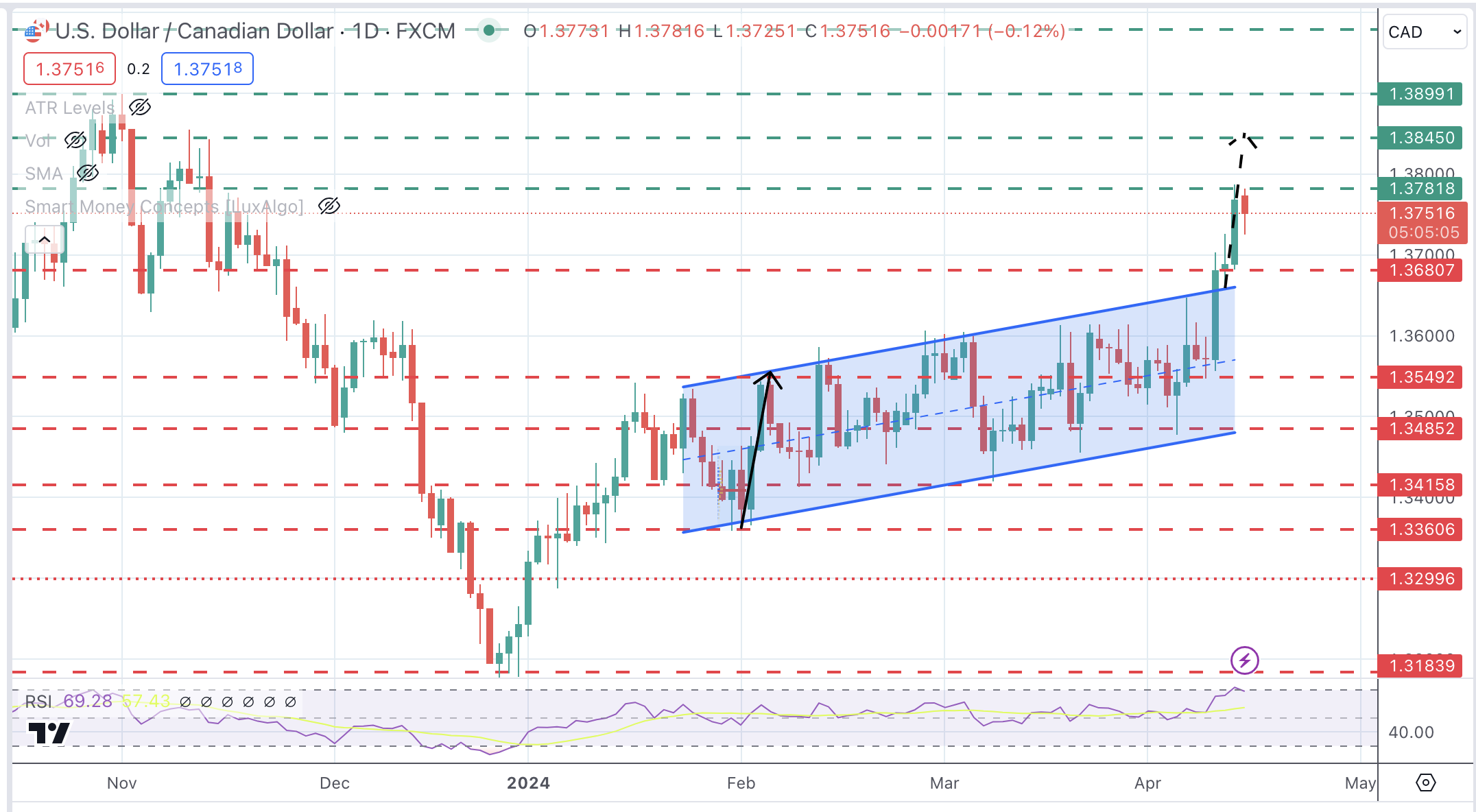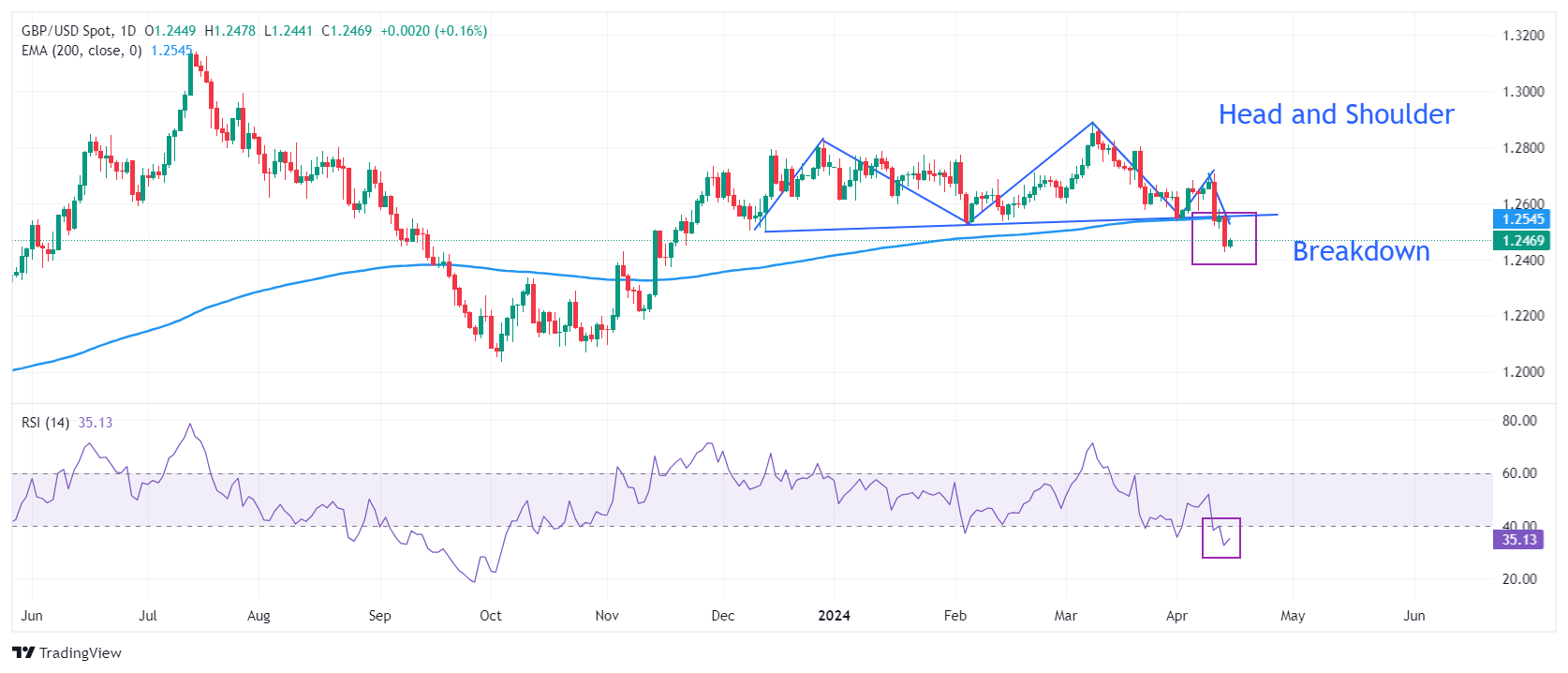Part I of II, by Claudio Grass, Switzerland
For years, I’ve been following very closely all the relevant updates on the State’s war on cash. I’ve read and written a lot about all the direct and indirect efforts to restrict the citizens’ choices and make sure they shift all their transactions and savings to the digital realm, where they can be better monitored, controlled and if need be, confiscated, by central authorities.
For some time now, the future looked rather grim. After the covid crisis and all we heard and read about Central Bank Digital Currencies (CBDCs), freedom loving citizens and independent thinkers couldn’t be blamed for losing hope. However, in recent months, glimmers of hope have reappeared on the horizon.
An uphill battle for the State
As we covered in previous analyses on this issue, there has been a relentless and concerted campaign by governments and their central banks to minimize, and ultimately eradicate, the use of cash by businesses and by private individuals. A lot of time, thought and taxpayer money have been poured into these efforts for many years. However, the population had largely remained annoyingly stubborn, so in response, we’ve seen all kinds of different approaches. They’ve used the “carrot” and the “stick”, with similarly disappointing results.
Both in the US and in Europe, they tried more “nudging” regulatory steps, such as adding little hurdles here and there for large cash transactions, some extra red tape for traveling with paper money in greater sums and in general added nuisances and burdens that simply made it a hassle to choose that option. When that didn’t work, they tried using extremely spurious arguments and making almost entirely fraudulent claims about “the kind of people” who use cash.
Much like today’s rhetoric over crypto and decentralized money, the same, by now, very familiar assertions were used against cash too. Only tax evaders, drug cartels and terrorists need the privacy that cash affords and thus, law abiding, upstanding citizens “have nothing to fear if they have nothing to hide”. Naturally, most sane members of the public either laughed off this narrative or simply ignored it and we all went about our business.
This is especially true in Europe, which is home to some of the most “stubborn” cash users in the world, like the Germans, the Swiss and the Italians. So, then the bureaucrats in Brussels decided to step up their game, in coordination with most national governments. Over the last decade, the “stick” has been used very liberally. For instance, they outright banned cash transactions over ten thousand euros. The European Central Bank (ECB), under the leadership of “Super Mario” Draghi, simply announced one fine day that it will stop printing the 500 euro note, creating serious issues for law-abiding citizens, savers, and business owners who relied on this denomination.
Of course, a great portion of the population did shift in their habits overtime, especially as banking technology and more recently, fintech solutions, provided easier and more practical alternatives to cash, which helped further the governments’ efforts. If anything, in an ironic kind of way, these developments clearly demonstrated that private companies and the invocation they brought to the table did a lot more to convince people to add digital payments to their options than the State’s coercion and infantile scaremongering campaigns ever came close to achieving. A lot of people, especially the younger demographics, have embraced these options. Many others have partly shifted to a “hybrid” approach, still using or saving in cash, but also depending on digital money for their daily transactions or for much larger purchases.
However, the fact remained that the State’s ambitious goal of making cash a relic of the past proved to be woefully elusive. Up until 2020 at least, their efforts seemed to be making the progress of a snail and the whole war on cash appeared to be all but doomed. Until that point, it looked like a sort of “stalemate” had been reached, where the State had converted as many people as it ever would and further efforts would be largely futile.
———- END OF PART 1
In the upcoming second part, we’ll look at the impact of the covid crisis and we’ll examine the current state of “war of cash”.
This article has been published in the Newsroom of pro aurum, the leading precious metals company in Europe with an independent subsidiary in Switzerland.
This work is licensed under a Creative Commons Attribution 4.0 International License. Therefore please feel free to share and you can subscribe for my articles by clicking here
Full story here Are you the author? Previous post See more for Next postTags: ECB,Economics,Featured,Finance,Gold,Monetary,newsletter,Politics,Thoughts,Uncategorized






















